In ELIL we have a lot of people who dedicate their time and expertise to assist our lawyers and interpreters with our daily work. One such individual is Patricia, a volunteer asylum lawyer who came to Athens for a month.
Q1: Can you share a bit about your background as a lawyer in Germany and what led you to volunteer with ELIL?
P: I practiced civil law for fifteen years but felt the need for more meaningful work and this motivated me to shift towards me to asylum and migration law. Learning about ELIL's work through the German Bar Association drew me to volunteer, especially given my language skills in Greek and Persian.
Q2: Reflecting on your time providing legal help to refugees in Greece, could you highlight a particular memorable experience or a challenging situation you navigated?
P: One striking moment involved a very resilient girl who had been badly injured due to a suicide attack in her country. Another challenging one was a three-hour conversation with a detainee in Greece, navigating interruptions and background chaos. Coping with these experiences often led to a nightly ritual of the treadmill.
Q3: In comparing the legal challenges faced by refugees in Greece and in Germany, have you experienced or observed differences?
P: Yes, Germany appears better organised with more guidance from authorities. Greece, on the other hand, often seems more arbitrary and the unique challenges of the Turkey deal are exclusive to the Greek context. The types of asylum seekers also differ, influencing the nature of legal challenges.
“Legal assistance is pivotal in guiding asylum seekers on what to communicate. Many lack an understanding of what’s crucial for their case. It’s not about inventing stories but ensuring they emphasise relevant aspects of their own stories, aligning with conditions outlined in the Geneva Convention.”
Q5: Can you share an instance where legal aid made a significant difference in someone's case or life?
P: Legal assistance is pivotal in guiding asylum seekers on what to communicate. Many lack an understanding of what's crucial for their case. It's not about inventing stories but ensuring they emphasise relevant aspects of their own stories, aligning with conditions outlined in the Geneva Convention.
Q6: What advice would you provide to those considering volunteering with ELIL?
P: Volunteers must maintain emotional resilience and ensure they can handle the often challenging stories. Understanding the emotional toll is crucial for effective volunteering. Self-care is very important, as highlighted by personal experiences of needing a nightly treadmill or an evening with some colleagues and friends.
Q7: How can individuals with legal backgrounds contribute to making a difference, even if they cannot directly volunteer for ELIL?
A: Individuals can collaborate with the lawyers from ELIL in different countries, providing information, and dispelling misinformation. I still collaborate with the Greek Lawyers of ELIL when they have specific questions about the legal context in Germany, for example in a family reunification case.
Sharing legal knowledge and offering support can contribute significantly to a more informed public discourse on the asylum process.
At ELIL, our team of volunteer lawyers stands as the backbone of our work. Collaborating with our staff lawyers, these volunteers play a pivotal role in providing comprehensive legal support to asylum seekers, engaging in thorough asylum preparations, and drafting essential supporting documents, such as written submissions. If you feel inspired to contribute your legal expertise, we invite you to explore volunteering opportunities with us. Discover how you can be part of the work at ELIL by visiting www.elil.eu/volunteer-with-us.


